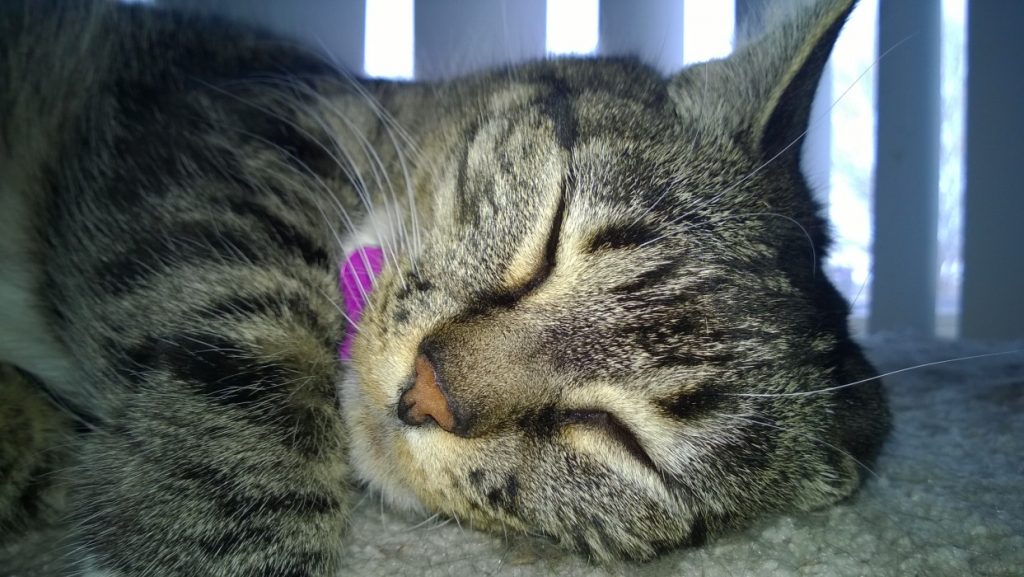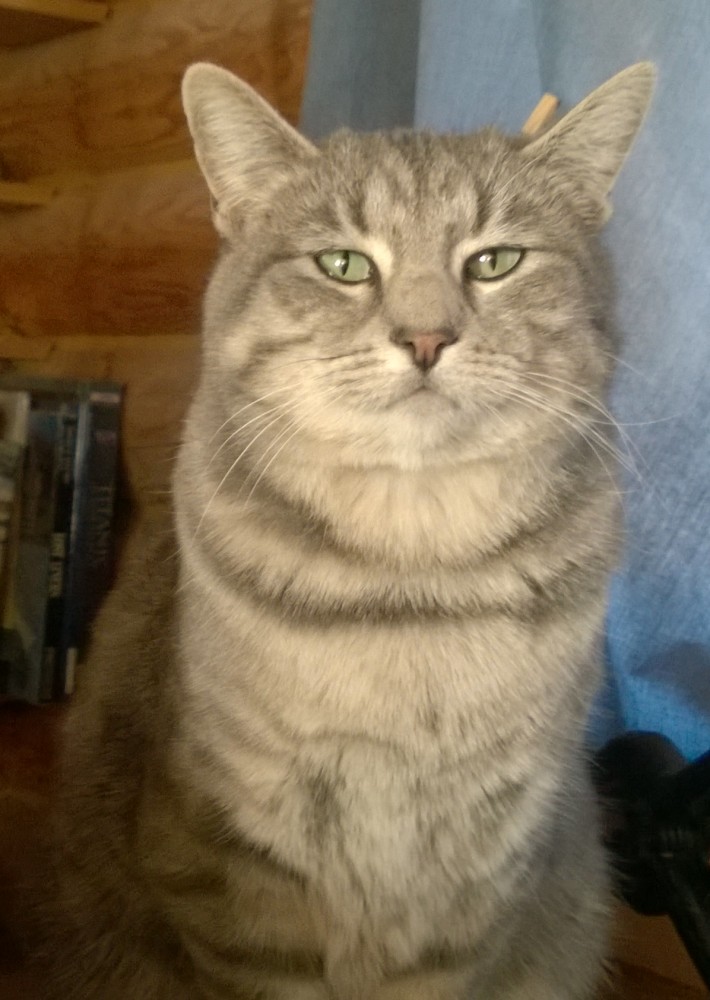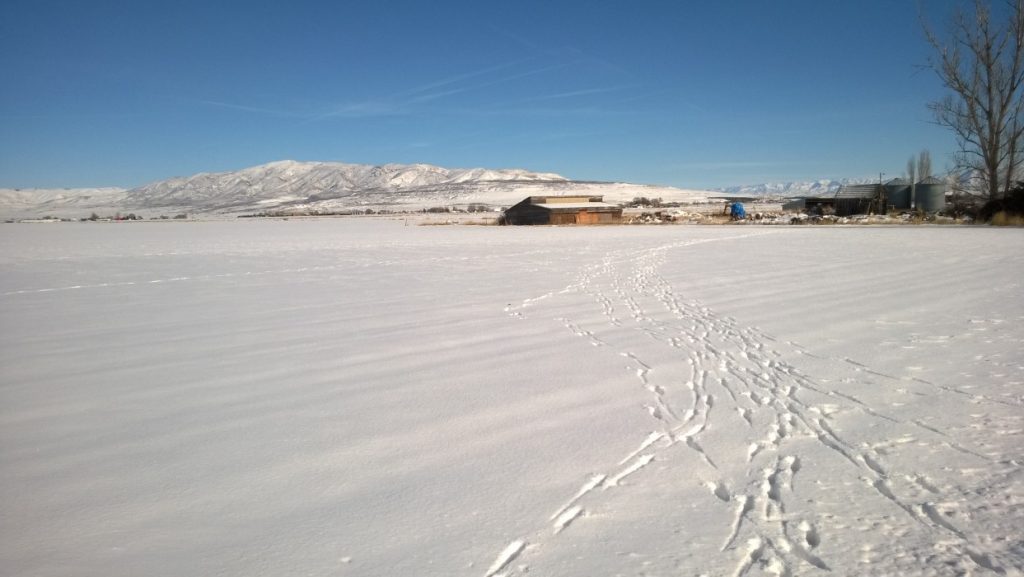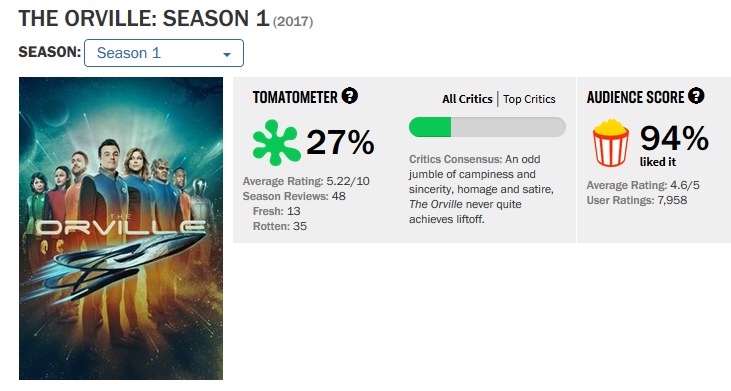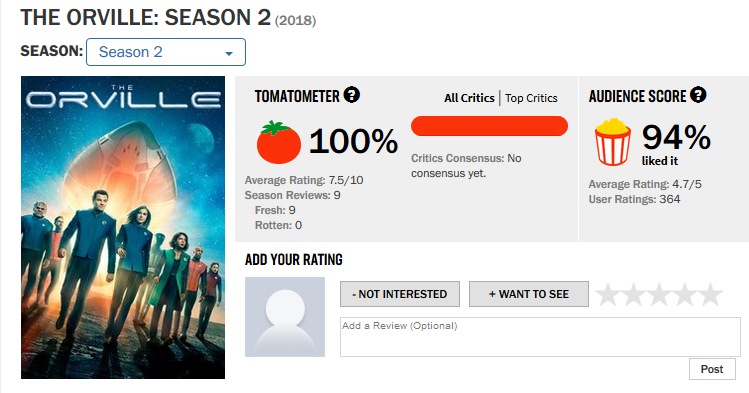Hmmm.
The author uses old texts such as “The Iliad” to claim, perhaps correctly, perhaps not, that men used to cry publicly a whole lot more than they do today. Unsurprisingly, the claim is also made that it is somehow a bad thing that men don’t lose their sh1t on a more regular basis and over more trivial matters. Most of the examples given are of warriors weeping over the loss of leaders or fellow warriors, but also presented is Lancelot breaking down and opening up the waterworks because he missed out on a competition.
I suppose there’s something to be said for being more “honest” with your feelings. On the other hand, there seems to me to be a whole lot more to be said for being in control of yourself, not in letting yourself give in to your feelings. Toddlers throwing tantrums hardly seem to be role models. And nor does every example of public weeping over the death of a leader really seem like all the good – or even honest – of a thing:

Earlier in 2018, when Raedthinn died I expressed my feelings on the subject openly and loudly in the vets office, in the car home, at home. I felt no shame in doing so at the time, nor in admitting to it now. But what I *didn’t* do was make any sort of public display of it. My general point of view on it was not only would it be unnecessarily bothersome to strangers to see some guy breaking down in the soda section at WalMart, but that as far as I was concerned, when it comes to random strangers my feelings are Nunyodambidness. I found a simple mantra, “keep it together,” to be remarkably effective at the task of reigning in such things in public.
My problem has always been that I am too emotional and far too demonstrative, something that caused no end of trouble in my childhood. So I’ve gained a small measure of control. I fail to see how self-control is a bad thing. it is a common feature of almost all people that they want to be in control, or at the very least not be dominated by others. Being a “sheep” is a widely used insult. But the first step in not being dominated by outside forces is not being dominated by *inside* forces.
Somewhat ironically, the author includes a counter-example to her thesis that I think makes my point pretty well:
There’s one glaring exception to this worldwide sobfest. As the medievalist Sif Rikhardsdottir of the University of Iceland notes, Scandinavians maintained a dry-eyed composure through these sobbing centuries. In her Medieval Translations and Cultural Discourse (2012), Rikhardsdottir illustrates this point by citing two versions of a medieval epic in which a boy hero is lost in the woods. The French hero dissolves in self-pitying tears; his Icelandic counterpart stoically admires the scenery and contemplates his next move.
The description in the Icelandic text is positively buoyant: ‘There it was very lovely to sit and delightful. He jumped from his horse there and looked out at the sea and intended to sit there until he got some revelation.’
This makes sense to me. Weeping over the loss of a loved one makes sense… it is indeed a loss, something gone forever never to be regained. But being lost in the woods? Weeping makes no sense. Yes, you’re lost… but all that *need* be lost is time. You will need to undergo some trouble and effort to return home, but this is also an *opportunity.* Weeping about it would be unproductive.
The author unintentionally makes another, separate case:
However, human beings weren’t designed to swallow their emotions, and there’s reason to believe that suppressing tears can be hazardous to your wellbeing.
Indeed, we were not evolved to suppress emotional outbursts. But that includes not just weeping, but also beating the tar out of your rivals for mates and resources. We rightly view with disgust those people, male or female, who cannot control their emotional need to take other peoples stuff, or who cannot control their stomachs or their lusts. Screaming at someone who looked at you funny or taking a dump on the subway or rubbing one out at the sight of a pretty girl might all be examples of “not swallowing your emotions,” but we can all agree, I hope, that these are at all times unwise and basically insane. At the same time, laughter is an emotional outburst that is generally *not* considered inappropriate. So there is obviously a spectrum of emotions that are appropriate or not. And those that are inappropriate share the feature of making others who are uninvolved uncomfortable. And someone weeping in public makes strangers nearby uncomfortable.
So, cry if ya gotta. But don’t make some sort of habit of doing it in public, ya filthy animals.


